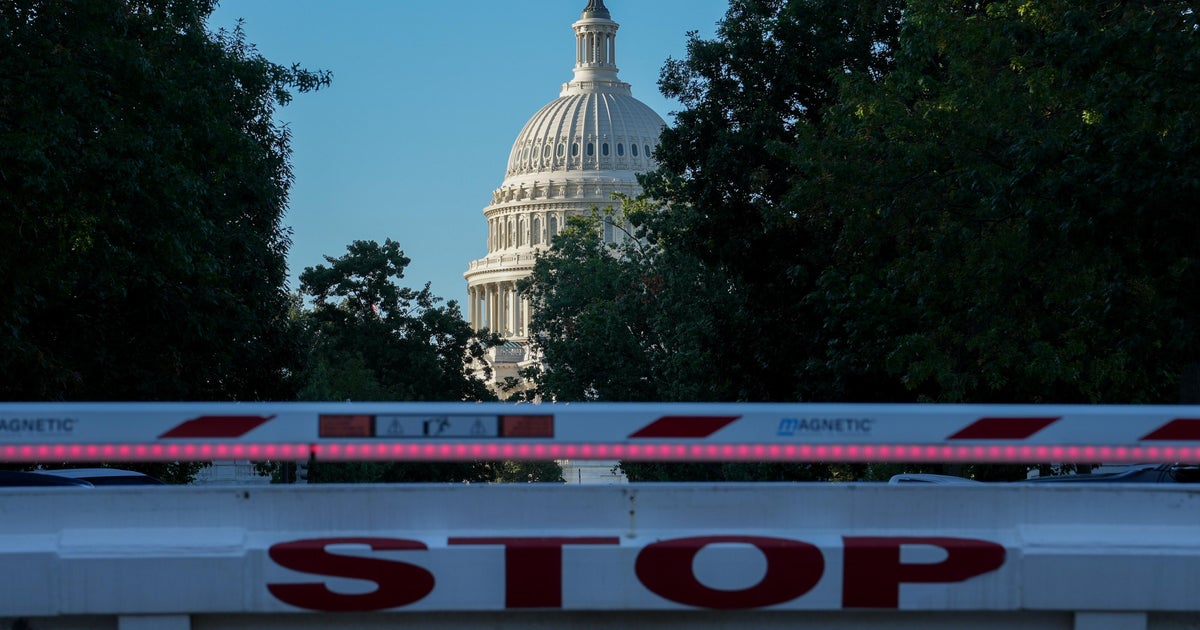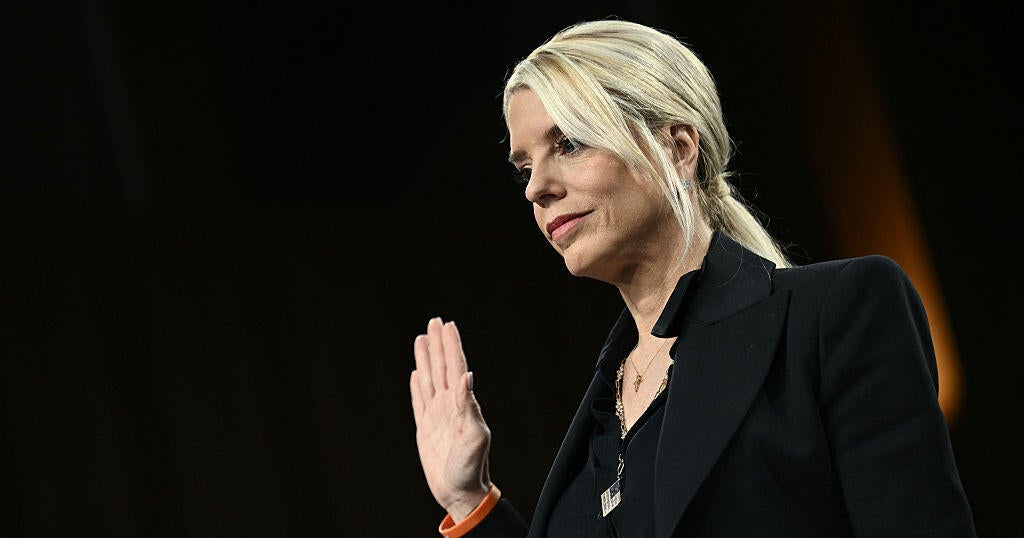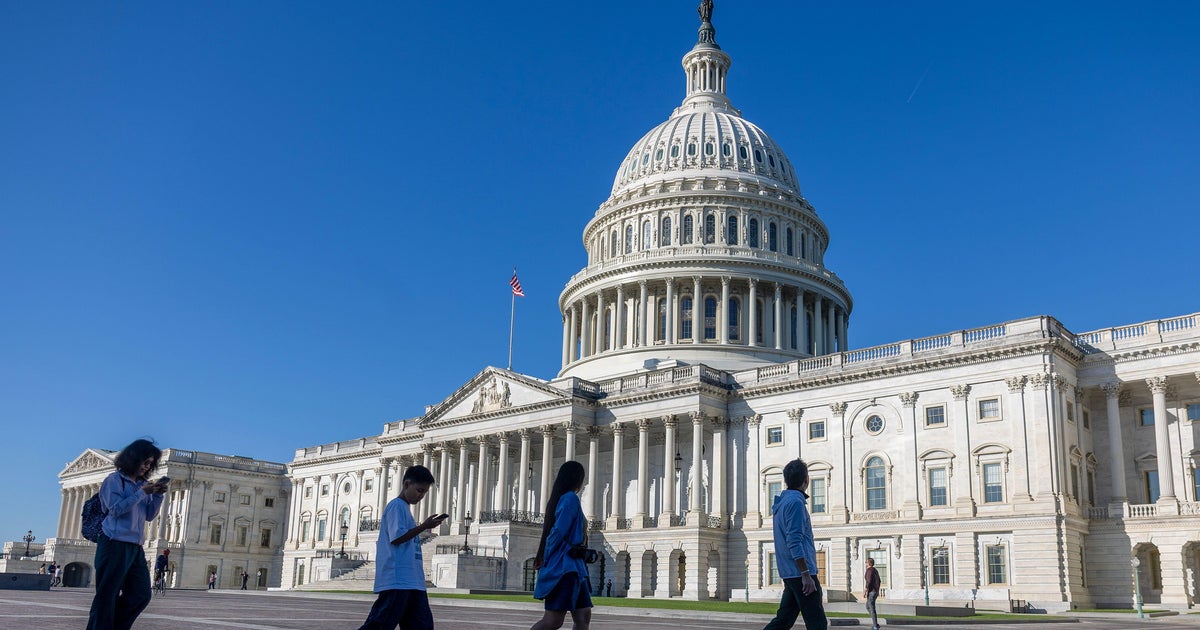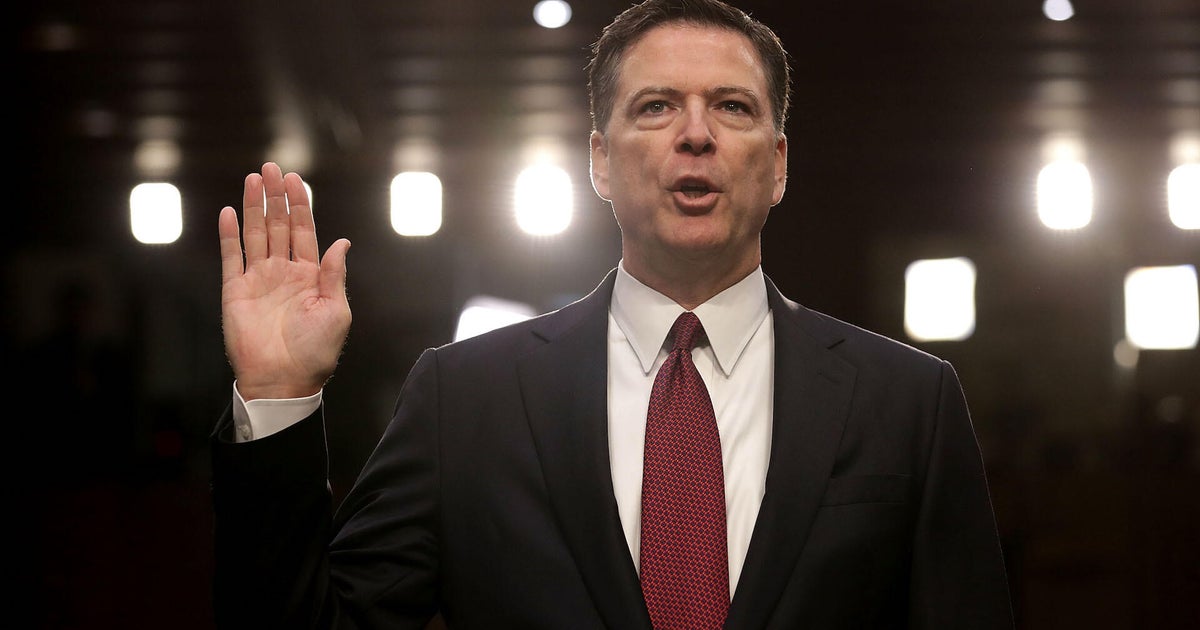Supreme Court Weighs Limits on Conversion Therapy for Minors

Supreme Court Questions Limits on Conversion Therapy for Minors
The U.S. Supreme Court recently showed skepticism toward laws banning conversion therapy for minors, a practice aimed at changing a teenager’s sexual orientation or gender identity. The case centers on a Colorado therapist who argues that the state’s ban infringes on her First Amendment rights by prohibiting voluntary talk therapy sessions with minors seeking help to align their identity with their beliefs.
Legal and Medical Controversy
Conversion therapy, historically involving harmful methods, now mostly consists of talk therapy. Despite this, major medical organizations widely reject it due to links with increased depression and suicidal thoughts among LGBTQ+ youth. About two dozen states have laws restricting this therapy, framing it as harmful professional conduct rather than protected speech.
Implications of the Court’s Decision
If the Supreme Court rules in favor of the therapist, it could invalidate these state bans, raising questions about free speech and medical regulation. The decision is expected by mid-2026 and may significantly affect protections for LGBTQ+ minors nationwide.
About the Organizations Mentioned
U.S. Supreme Court
The **U.S. Supreme Court** is the highest judicial authority in the United States, established by Article III of the U.S. Constitution and formally created under the Judiciary Act of 1789. It serves as the ultimate arbiter of constitutional and federal law, with the power to interpret the Constitution, review laws, and overturn those deemed unconstitutional, thus checking the legislative and executive branches of government[1][4][6]. The Court first convened in 1790 with six justices, including its first Chief Justice, John Jay. Over time, Congress adjusted the number of justices, settling at nine in 1869, comprising one Chief Justice and eight Associate Justices, all appointed by the President and confirmed by the Senate[1][3][6]. Justices hold lifetime appointments, ensuring judicial independence. The Court initially lacked prestige but gained significant authority under Chief Justice John Marshall (1801–1835), who established judicial review in *Marbury v. Madison* and solidified the Court as the definitive interpreter of the Constitution[10]. Key achievements of the Supreme Court include landmark rulings that shaped American federalism and civil rights, such as *McCulloch v. Maryland* (affirming federal power), *Gibbons v. Ogden* (regulating interstate commerce), and the establishment of judicial independence during the impeachment proceedings of Justice Samuel Chase. The Court also modernized its procedures by issuing unified majority opinions instead of individual ones[10]. Today, the Supreme Court sits in its dedicated building in Washington, D.C., completed in 1935, holding annual terms from October to late June or July. It exercises original jurisdiction in limited cases (e.g., disputes between states) and primarily appellate jurisdiction over federal and constitutional issues[4][6]. For readers interested in business and technology, the Court’s decisions profoundly impact regulatory frameworks, intellectual property law, and digital privacy rights, influencing the legal landscape in which modern enterprises operate. Its role in balancing governmental













